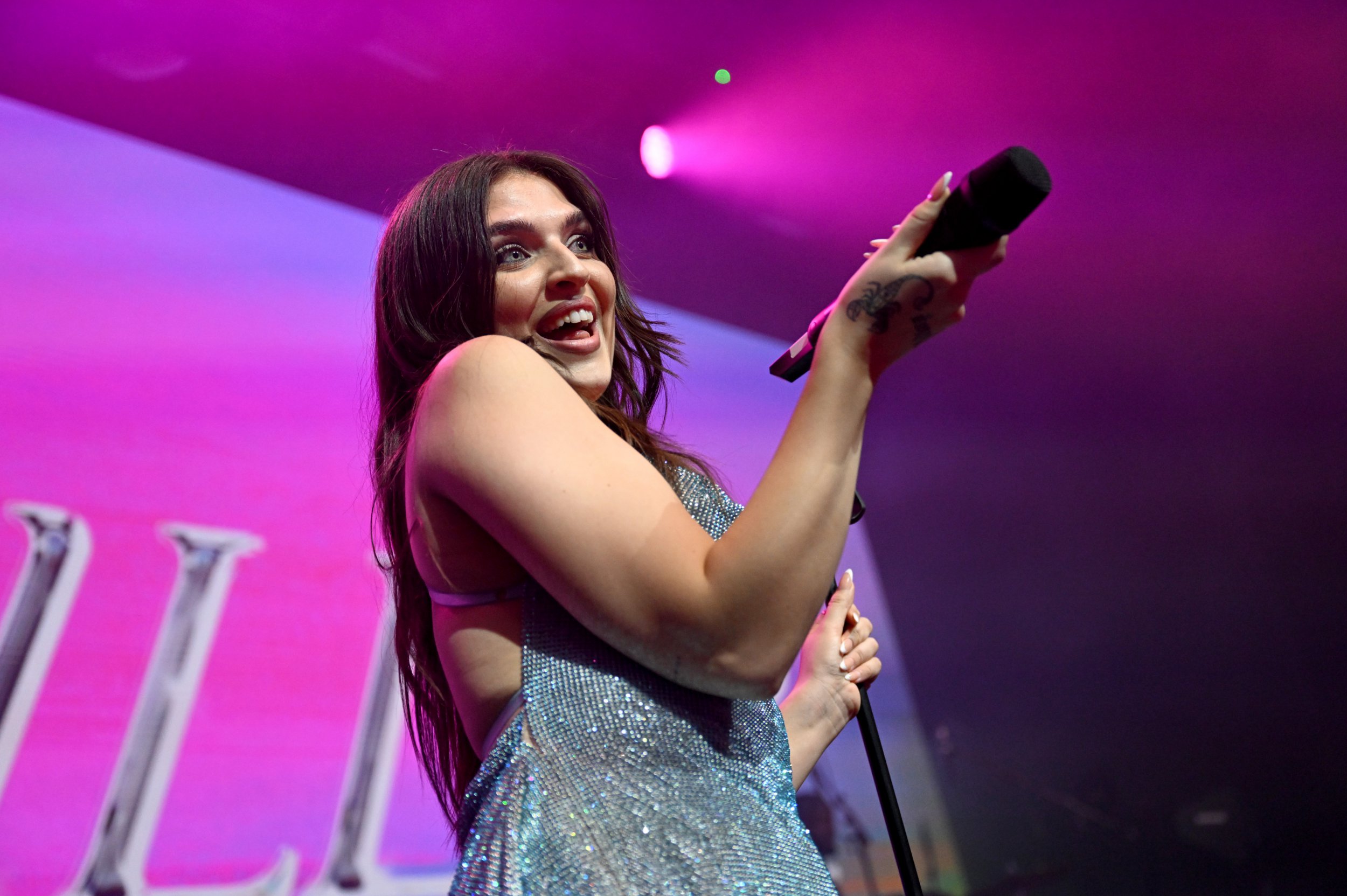
Unless you’ve been hiding under a rock, you might have heard that the has washed up on these shores for the first time in 25 years.
to play host to the annual event tonight (May 13).
than Sam Ryder, who broke years of bad luck for the UK to place in second place at last year’s competition.
However, Mae – and her track I Wrote A Song – are up against stiff competition from former Swedish winner with her song Tattoo.
Despite not winning, global issues have meant that the UK still get to host this year. But who did actually win last year’s Eurovision?
Who won Eurovision 2022?
with their song Stefania.
The UK’s Sam Ryder defied expectation by ranking first with the jury votes, but the phone votes pushed him to second.
It was an emotional display of support for Ukraine, who were taking part in the first Eurovision since the Russian invasion.
What is the prize for winning Eurovision?
According to Eurovision themselves, ‘The winner will perform once again, and take home the iconic glass microphone trophy.
‘The winning country will traditionally be given the honour of hosting the next Eurovision Song Contest.’
Of course, under normal circumstances, this year’s contest would have taken place in Ukraine, who previously hosted in Kyiv in 2005 and 2017 after Ruslana’s 2004 victory and Jamala’s win in 2016.
However, due to the ongoing war with Russia they were unable to hold it there – and so the option of hosting fell to the UK instead, as they finished in second place.
Should Mae Muller top the leaderboard in Liverpool, the UK would have the chance to host the contest again in 2024, as the prize stands even if you win more than one year in a row.
Ireland were faced with this in the 90s when they took the title in 1992, 1993 and 1994, hosting the contest for three years on the trot – and then again in 1997 after they won in 1996.
If Ukraine were to win again this year it remains unclear whether they would be able to host the contest there in 2024.

One thing which the winner does not receive is any financial reward, alongside the hosting gig and the trophy.
In general, the thought is that the winner would be catapulted to fame in the way, making money from their future success.
Another Eurovision alumnus – – is now worth over $800 million (approx. £652 million).
And 2021 winners Maneskin, who scored Italy their first Eurovision victory since 1990, have gone on to huge commercial success across the world, and are due to make their Glastonbury debut this summer.
Sam Ryder has also enjoyed huge success since the contest, appearing at the Queen’s Platinum Jubilee party, scoring a number one album and a sell-out UK tour, headlining the BBC’s regular New Year’s Eve concert, and being nominated for best new artist at the Brit Awards.
The Eurovision Song Contest grand final is on BBC One on Saturday May 13 at 8pm.
Follow Metro across our social channels, on , and .
Share your views in the comments below.




















